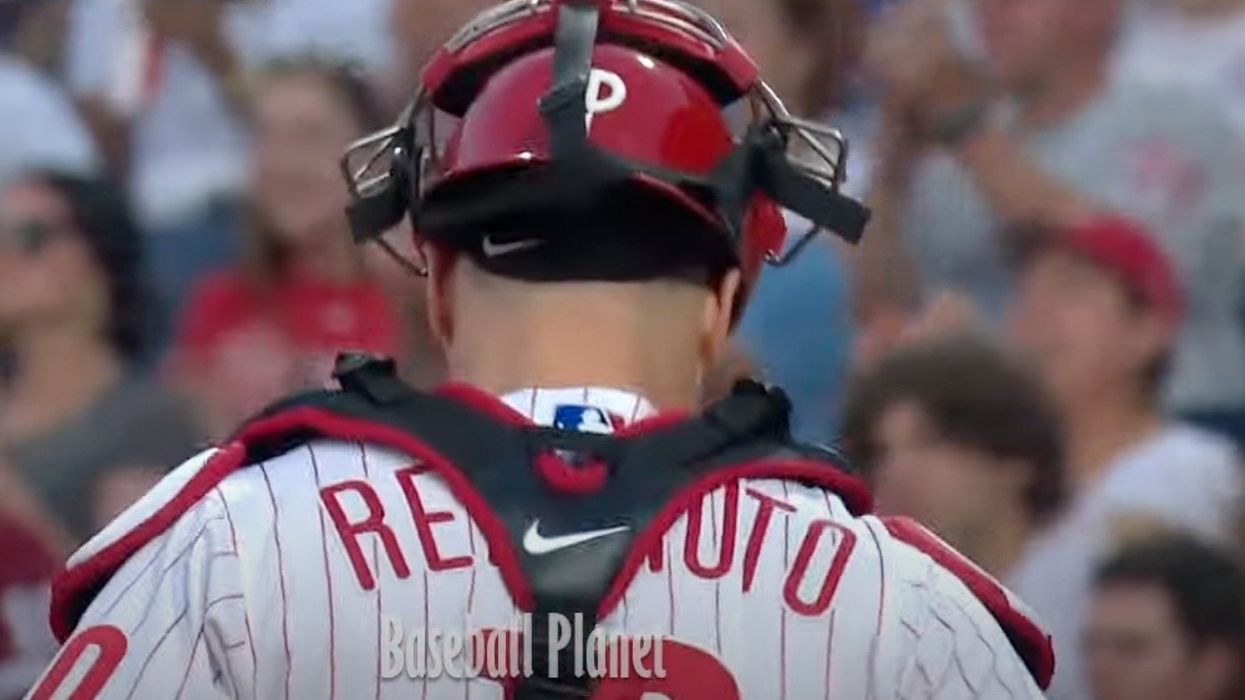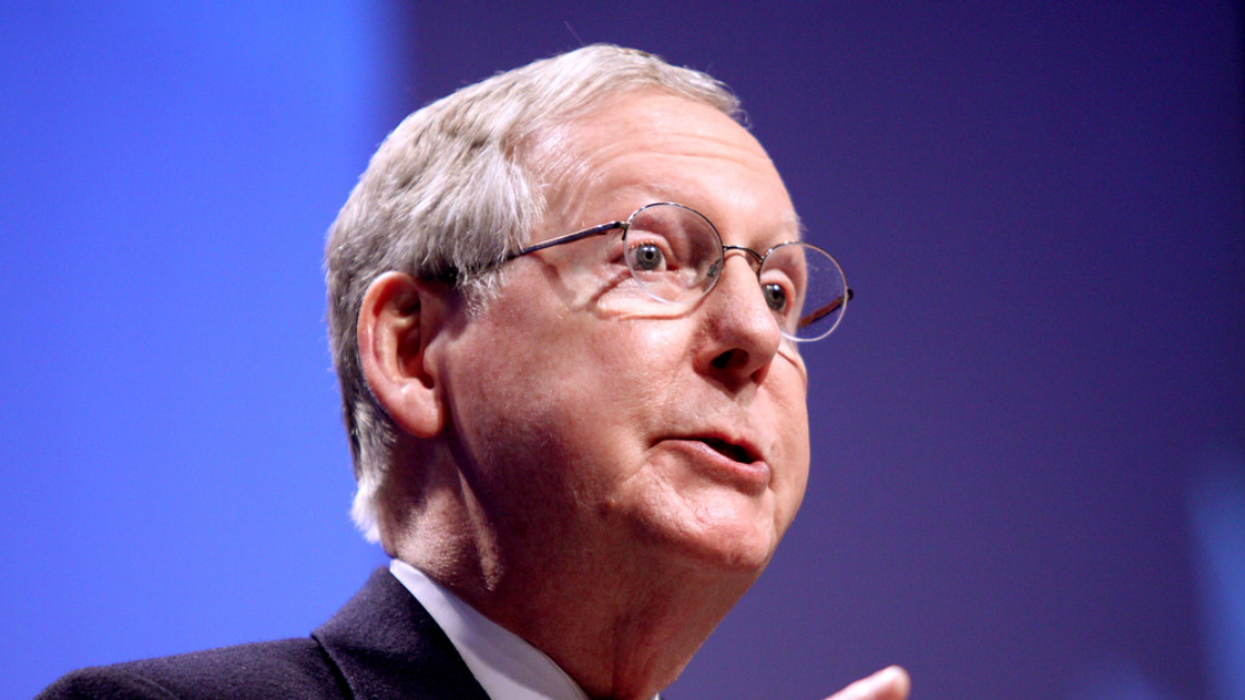How This Season's New Baseball Rules Brought Back Our Greatest Game
One day in 1951, during Willie Mays’ rookie season, my father took me to the Polo Grounds in Manhattan to see him play. What I recall most vividly is emerging from a shadowy corridor under the stands into the astonishing sunlit green of the outfield grass. The sheer expanse of a major league playing field is something you’re not prepared for as a child.
Is there any sight more beautiful?
Otherwise, I don’t recall who the New York Giants played that day or who won, only watching Mays shag balls in the outfield maybe 100 yards from our seats in the bleachers, looking about the size of my thumb from that distance but nevertheless incarnate — a 20-year-old demigod in the flesh.
It wasn’t my first big league game. I’d been taken to see the Brooklyn Dodgers as a toddler. There are home movies of me imitating the home run trot of Dodgers first-baseman Howie Schultz.
Later that year, however, I have an even stronger memory of racing upstairs and bursting into the bathroom — where the Old Man was standing at the mirror with Barbasol all over his face — and yelling about Bobby Thomson’s “Shot heard around the world,” as sportswriters called it, the dramatic ninth-inning walk-off home run that settled the National League pennant. At first, he thought I’d imagined it.
Oh, and this too: Only 15 years later, in October 1966, I got a phone call from this sweet little Arkansas girl I was dating at the University of Virginia. She’d been offered World Series tickets by her childhood friend Brooks Robinson, the Baltimore Orioles third baseman. Was there any chance I’d consider driving us to Baltimore for the games?
She was very shy and hesitant about it — partly, I suppose, because the journey involved a sleepover and she didn’t want to seem bold. But the thing was that she really, really wanted to go to the World Series. It occurred to me that I’d better marry her before she got away.
I took her to Baltimore and never looked back.
When Brooks was inducted into the Hall of Fame in 1983, he credited my wife Diane’s father, George Haynie, his American Legion coach, with teaching him to play ball. The family kept two of his Gold Gloves on display at their home.
So anyway, those are my credentials for pronouncing Major League Baseball’s 2023 rule changes an enormous success. Partly because it’s shortened their workday by a half-hour or more, the change receiving the most attention from baseball writers and broadcasters is the pitch clock.
No More Fiddling Around: Play Ball!
Pitchers have 15 seconds after receiving the ball from the catcher to deliver another pitch (20 seconds with runners on base). Batters have 8 seconds to position themselves to hit. No more pitchers fiddling, fussing and stalking around the mound like moody soap opera characters. Play ball!
No more batters stretching and grimacing, and stepping in and out of the batter’s box. You get just one timeout per at-bat. Use it carefully. No more guys going through entire yoga routines between pitches. Former Red Sox designated hitter J.D. Martinez had this elaborate ritual — unfastening and refastening his batting gloves, doing deep-breathing routines — that turned each at-bat into a veritable miniseries. You couldn’t watch without hitting the 30-second advance button at least twice.
Guys like Martinez are why I started recording my daily Red Sox game to begin with. And I liked him a lot. (He’s now with the Dodgers.) Addicted as I am to what George Will calls “baseball’s glorious everydayness” — I follow my team the way some people follow TV soap operas — I do have my limits.
What’s really great about this year’s MLB rule changes to a lifelong fan has been the elimination of the shift. It’s now against the rules to position three infielders on one side of second base, which had the effect over the years of turning baseball into a home run derby.
It’s baseball as we played it, those of us who did. Batting averages are up. Situational hitting is back. There’s a premium again on guys who can put the ball in play, move base runners along, bunt, steal bases — all the skills than make the game so much more absorbing than watching guys who can barely field their position swinging for the fences and either striking out or hitting a 450-foot home run once a week.
That’s where MLB was headed before this year’s rule changes, as attendance steadily dropped. Now the complex, endlessly fascinating game has returned to its origins. Writing in the Washington Post, Will thinks that by “reconnecting with its past,” baseball “is poised to reclaim the title of national pastime.”
Maybe that’s a bit much. There are too many other diversions for baseball to reclaim the hold it once had over the public imagination.
But real baseball is back.




